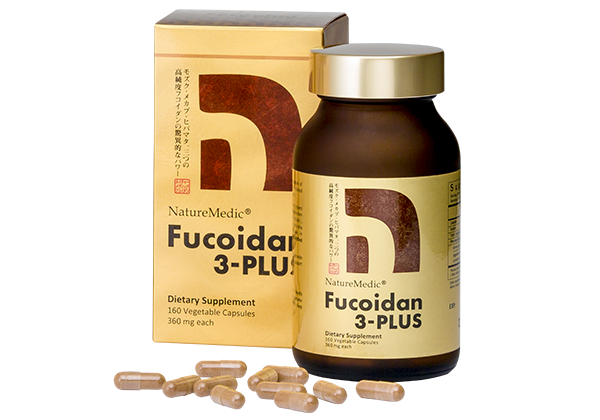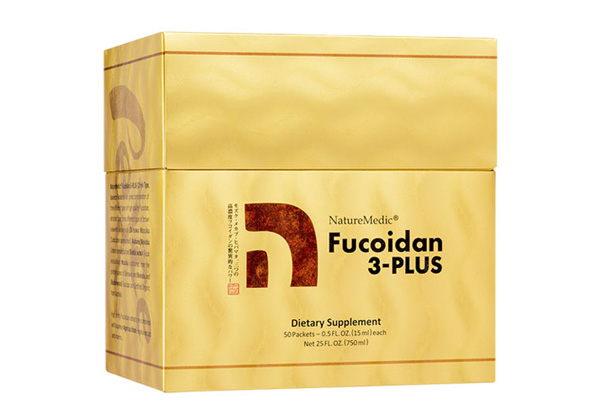In today’s wellness landscape, gut health has become a key focus. As more people prioritize immune and digestive health, terms like probiotics and prebiotics are becoming increasingly common. Yet, these terms can still seem a bit unclear for many. What exactly are probiotics and prebiotics? How do they impact our health? This article will explore these questions, helping you understand how they support overall wellness, especially gut health.
What Are Probiotics?
Probiotics are beneficial microorganisms that help maintain a balanced gut. The gut is home to hundreds of microorganisms, most of which support our digestive health. However, when harmful bacteria multiply, they can cause health issues like bloating, constipation, or even inflammation.
Probiotics act like “guardians” in the gut, helping to inhibit harmful bacteria and maintain a healthy environment. This, in turn, supports better digestion, strengthens immunity, and improves nutrient absorption.
Common Types of Probiotics
· Lactobacillus: Helps with lactose digestion and promotes gut health.
· Bifidobacterium: Supports digestive health and boosts the immune system.
What Are Prebiotics?
Unlike probiotics, prebiotics aren’t live organisms; they’re the food that nourishes probiotics and helps them thrive. Derived primarily from plant fibers, prebiotics are not absorbed by the body but instead provide essential fuel for probiotics, promoting a healthy gut microbiome.
In simple terms, prebiotics are “food” for probiotics, helping them grow and increase their effectiveness. They’re naturally found in certain vegetables, fruits, and whole grains.
The Difference and Relationship Between Probiotics and Prebiotics
Probiotics and prebiotics are both vital for gut health, working hand in hand. Probiotics are the “good bacteria” in the gut that support gut health directly, while prebiotics are the nutrients that help these good bacteria thrive and maintain a balanced microbiome.
When taken together, probiotics and prebiotics create a synergistic effect, optimizing gut health. This powerful combination enhances beneficial bacteria growth, supports immune
health, improves digestion, and helps maintain overall wellness—a key foundation for a healthier lifestyle.
In our next article, we’ll explore the specific health benefits of probiotics and prebiotics for immune and digestive health, and more. Stay tuned to learn how you can take proactive steps toward a healthier life!
 (852) 5729 0686
(852) 5729 0686 








